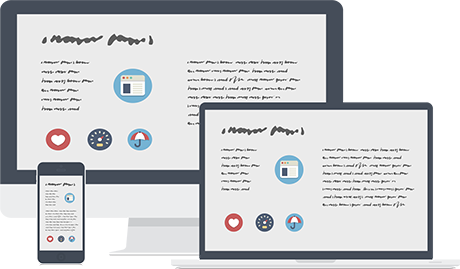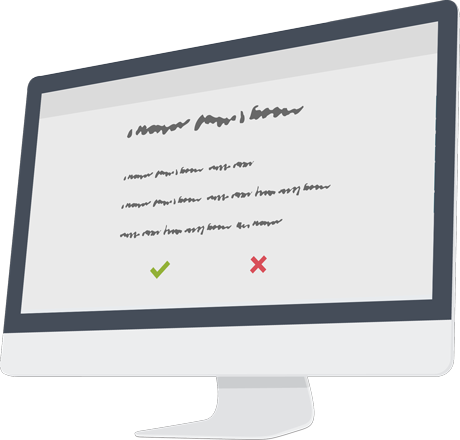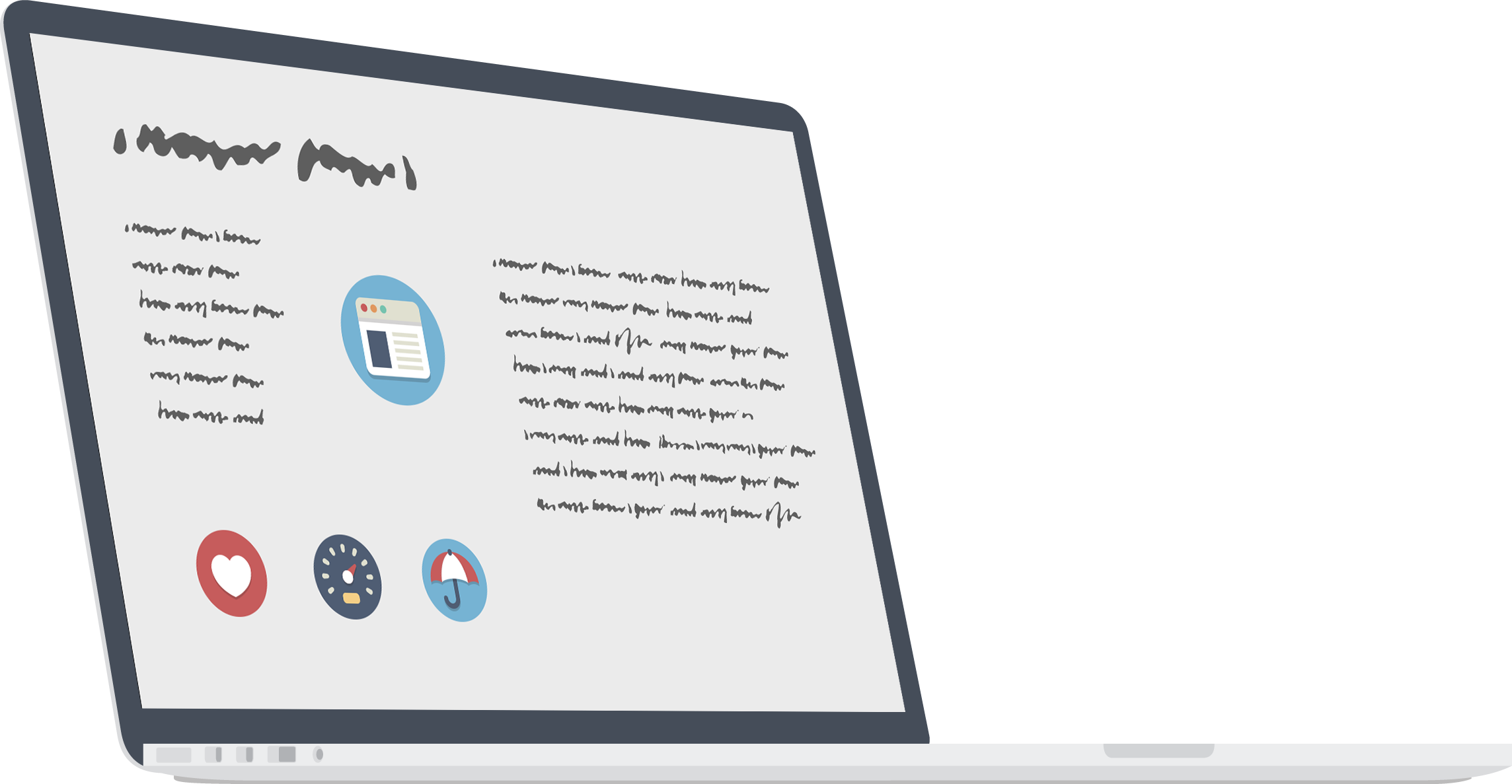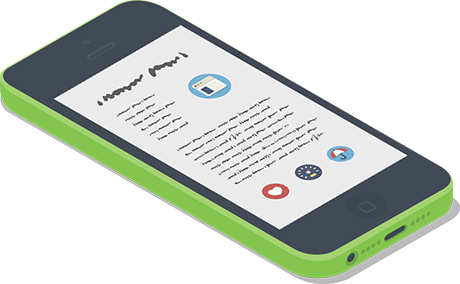GCSE English Language Exam
Some students consider taking the GCSE English Language Exam a tall order, others love the idea of diving into the areas of reading, writing, speaking and comprehension. GoConqr can help students develop skills in reading, writing, understanding vocabulary and perfecting grammar. What’s not to love?
In this section of our GCSE pages, we provide you with a simple overview of the English Language curriculum and what you can expect to cover. We show you some great examples of study notes and help you discover the online tools you can use to succeed in your exam.
As well as the large archive of English Language notes available to you, we recommend you create and share your own resources right here on GoConqr too. We also have a few GCSE revision tips to offer you so let’s get started.


Critical Reading and Comprehension
In the critical reading section students need to:
- Identify and interpret themes and ideas on a range texts
- Develop the ability to read in different ways and for different purposes (GCSE Notes are perfect for this)
- Draw conclusions and justify them with solid evidence that support a point of view
- Identify bias and misuse of evidence
GCSE English Language Exam Reading Examples
Essentially what the exam board want to know here is if you can understand what the text is all about. The type of texts you could be asked to read include:
- Leaflets
- Articles
- Reports
- Web Pages
- Biography/Autobiography
Make use of newspapers and magazines around the home as this is going to play a crucial role in your GCSE English exam preparation.
Sign Up to GoConqr Today
Grammar, Themes and More
Summarise and Synthesise
This section states that students must identify the main theme or themes in a text, summarise ideas and information from a single text but also synthesise from more than just one text.
English Language Reading Comprehension
Perfect your vocabulary, grammar and structure
This section requires that students explain and illustrate how vocabulary and grammar contribute to effectiveness and impact. They must analyse and evaluate how form and structure contribute to the effectiveness and impact.
English Writing
With the aim of ensuring that students can read fluently and write effectively, the new specification for English Language GCSE now awards 20% of the marks for accurate spelling, punctuation and grammar.
Comparing texts, producing clear and coherent text.
Students will need to compare two or more pieces of text critically with respect to each of the above guidelines and must write effectively for varying purposes and audiences. They need to display the ability to:
- Describe
- Narrate
- Explain
- Instruct
- Argue


Apply English Language skills to other subjects
In order to gain the best marks possible in each subject, students must use language imaginatively and creatively while using information provided by others. You must write in varying forms while maintaining a consistent point of view, coherence and consistency. So the work that you do for the GCSE English Language Exam will actually help you succeed in other subjects too – and vice versa.
See these Flashcards to understand more GCSE English command words.
English Revision & Exam Tips
In this section we offer you some simple tips that will help you through the GCSE exam. Use these tips for practice paper before the real exam so that you are thoroughly prepared.
1. Manage your Time
English language papers are tricky because you are expected to write a lot of material in a very short period of time. Calculate the amount of time needed for each question and work from there. Become familiar with timed exams by using a quiz tool that has a timed feature in it.
Join GoConqr Now, It’s Free!
English Study Advice
2. Cut the Nonsense
How many times do you write the answer to a question without really answering the question? You become so flustered with the stress of the exam you ramble. Cut to the chase and focus on the question asked of you. Anything else is a waste of time and energy.
3. Create a Revision Timetable
A revision timetable will keep you on track. As the year pushes on, it is easy to lose sight of the end goal. Keep a record of what work needs to be done. What areas you are neglecting and how much material you have covered with a well laid out GCSE Revision Timetable.
GCSE English Study Tips
4. A Style that Fits you
If there is a particular area that you excel at, work hard to perfect it. Not every style of writing suits everyone and very few people can perfect them all. Knowing your style and delivering a high standard of material will ensure you do better.
5. Don’t Stress
We have all heard of writers block. The last thing you need is writers block in the GCSE English Language Exam. Stay calm and remain confident before and during your exam and cases of writers block can be avoided.
Once you have become familiar with the GCSE English Language exam, remember to have a look through our GCSE English Literature, Math and Science pages for more helpful information.
 Previous:
GCSE Science
Previous:
GCSE Science 



